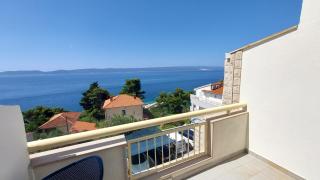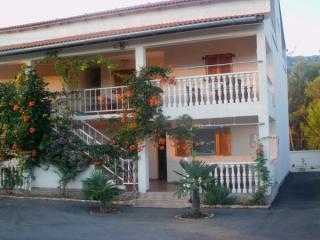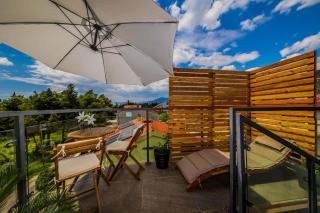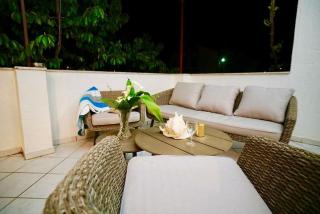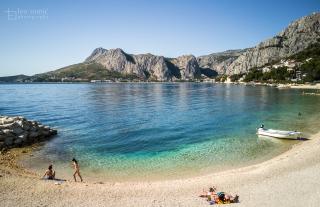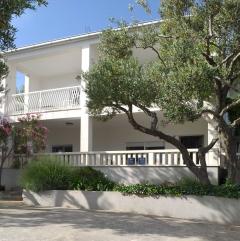Just a few things you didn’t know about Dubrovnik
Every tiny part of our mother Earth is a splice of history and mystery; from 4,5 billion years ago since it was formed, over the first signs of life, till today when every little town whit it’s historical - monument legacy, is a symbol of changes and prosperity of human race.
Some historical heritages are preserved and investigated, some have stories yet to be told; some are glorified and some forgotten. 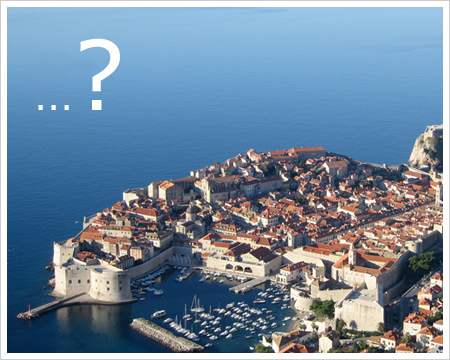
The whole town of Dubrovnik with it’s outlying areas is the living monument to history and contains a wealth of architectural heritage. Every stone embedded in, keeps a mystery and has past a long, long way from quarries of nearby islands, to be the grace of Dubrovnik’s smiled face today. The history of Dubrovnik from 7. century, when the town was found, is well known and studied over and over, even now. But, like every history of every other town, Dubrovnik has it’s own secrets not mentioned in tourist brochures, not even familiar to it’s residents. Most of those facts are so unthinkable with present way of living. For example, in 15. century, Dubrovnik had a lack of stone for famous Kula Minceta construction, so the city authorities made a regulation that, everyone coming to town, has to bring a stone in accordance to his or her conformation.
Dubrovnik can be proud, among other, as a town with the first quarantine in the world, one of the first sewer systems in the world, one of the first pharmacy in Europe, and the first city in Europe prohibiting slavery and slaves transportation.
The first pharmacy in Europe, maybe provoked the use of poisons and poisoning in the Republic of Dubrovnik.
Dubrovnik authorities had turned to poisoning as a mean of resolving state affairs when it’s diplomacy had no solutions.
Dubrovnik had fortunate geopolitical position between the great powers of East and West, which allowed it to keep independence and prosperity over the centuries.
Dubrovnik was a commercial link between the two civilizations and a gathering place of merchants, as many maritime and land routes connected this part with the rest of the world. But, not only fortunate position did favor Dubrovnik’s destiny, but it’s diplomacy contributed remarkably to it’s prosperity.
Nevertheless, Dubrovnik archives reveal a variety of poisoning cases among it’s citizens over the centuries. Poisoning was quite popular in those time everywhere, but, while sophisticated art of poisoning could be encountered in the Western and Eastern royal courts, Croatian poisoners had no knowledge of such artful methods and toxins due to the absence of advanced scientific and technological achievements.
Usual methods consisted of food, drink and weapon poisoning, such as arrows, while mastery of the poisoners of ancient Rome, Canidia and Sagana, the Marquis de Brinviliers and Madame Monvoisin of France, or the great masters such as Catherine de Médicis and Cesare Borgia, as a precursors, led to poisoned letters, books, money, toothbrushes, forks, knives, gloves, and rings in Europe.
Dubrovnik, unlike the rest of Croatian territory, did adopt those sophisticated methods and means and a poison could be purchased freely by anyone. However, do not remember it when enjoying a delicious dish in one of Dubrovnik’s restaurants.
Dubrovnik and the little towns surrounding it are blessed with bays and many coves, sandy and clear sea bottom, rich in underwater fresh water sources, sheltered from strong waves with mild temperature and low salinity. It is a perfect place for natural growth of all kind of mussels. That area is well known for cultivation of oysters and mussels since antiquity. Wealth of underwater with oily and white fish is unavoidable invitation to rich and tasty table somewhere between the mighty Dubrovnik walls. St. John fortress, in the historical center of Dubrovnik, is home of Institute for Marine and Coastal Research, allowing inquisitors to introduce the residents of the Adriatic Sea and it’s coastline, not only with the fork and knife in their hands.
So suit yourself, but do remember the words George Bernard Shaw ones said: “Those who seek paradise on Earth, should come to Dubrovnik”.
Author: Anthony Goodway for Direct-Croatia.com
